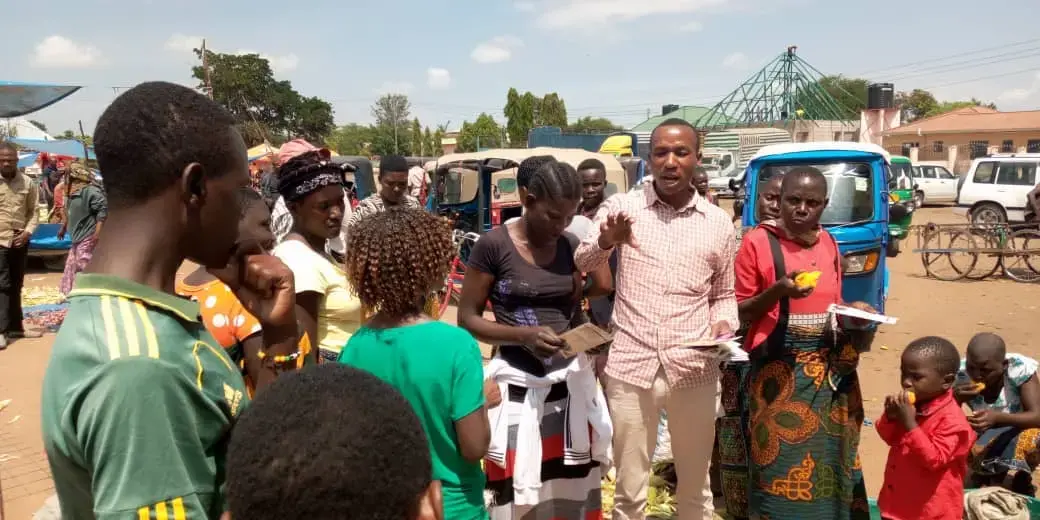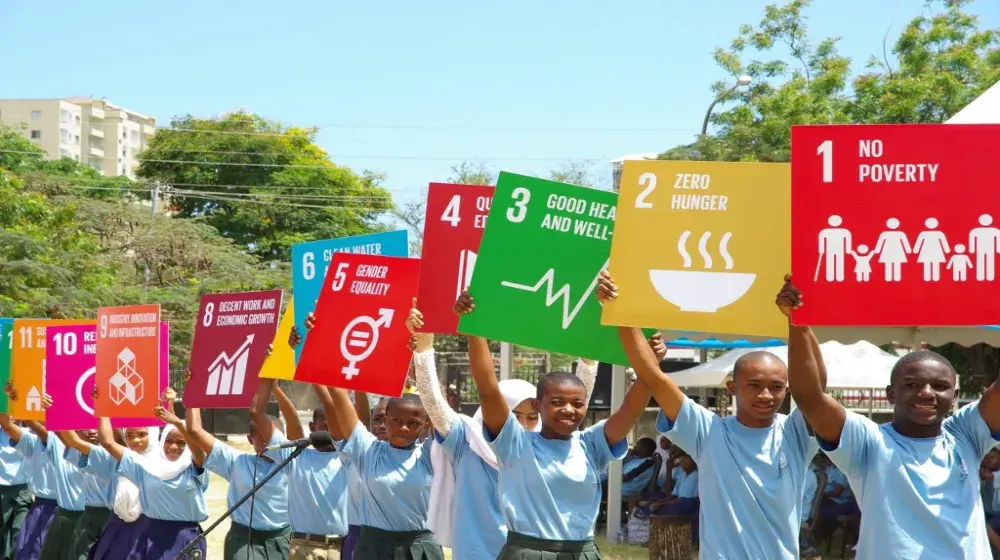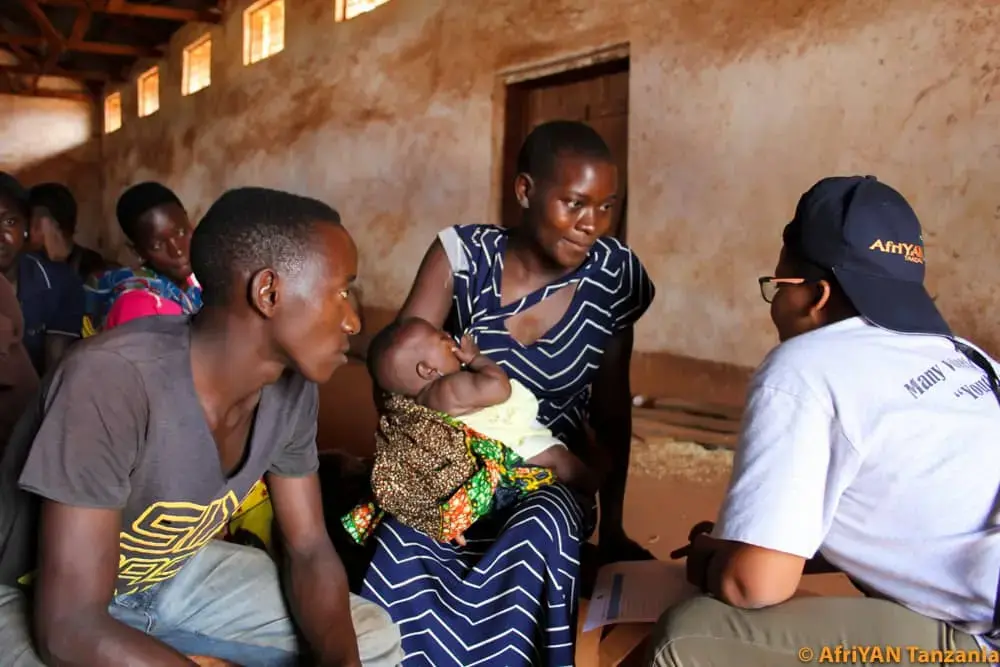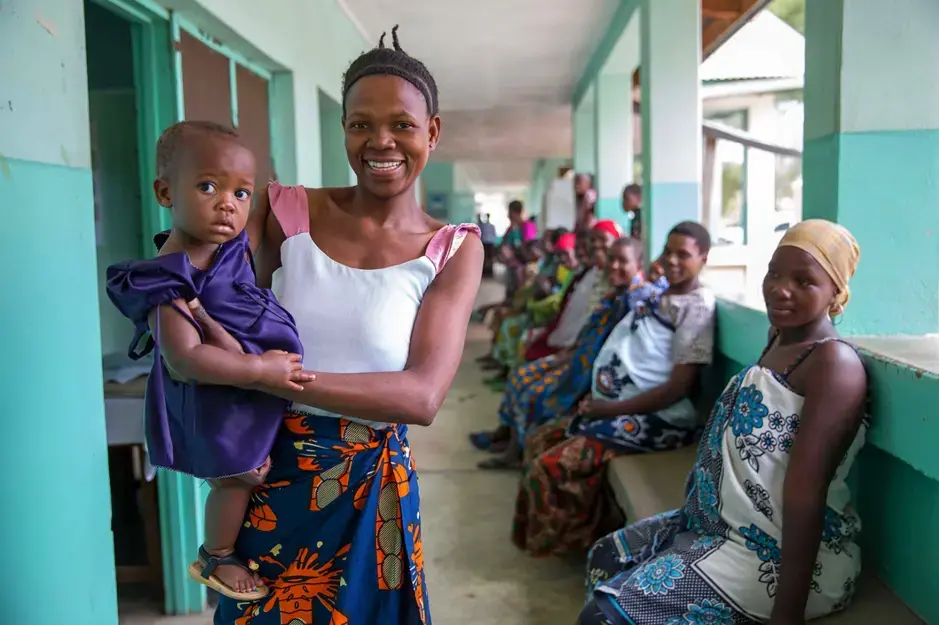Reliable population data are needed for countries to develop policies and programmes. Adding to the demand for data are emerging issues such as climate change, migration, disaster management including humanitarian response, and reliable electoral process for good governance.
UNFPA Tanzania invests in strengthening and building the capacity of government and national institutions to make timely, high-quality, gender-disaggregated data and information available, and advocates for the use of this data in evidence-based decision-making and targeted policy and programme formulation at the national and subnational level.
We build capacity to collect, analyse and utilize population data, emphasizing the critical linkages between population dynamics and sexual and reproductive health, gender equality, and poverty indicators in realizing the 2030 Global Agenda – population projections for the period 2013 to 2033 have been generated using 2012 Census data and are now accessible to data users.
We continue to work with national institutions to localize Sustainable Development Goal (SDG) reporting mechanisms, through the development of databases, and by aligning targets of national plans, policies and strategies with 2030 Agenda goals.
With our support, a dedicated database of persons with a disability is now operational in Zanzibar. More reliable and comparable disability statistics are now being collected on this marginalized population, mainstreamed into national statistics systems in line with international disability measurement standards.
We continue to provide support to the Zanzibar Civil Status Registration Agency (ZCRSA) to strengthen the electronic and modern civil registration system in Zanzibar, launched with our support in 2016, which is fundamental to rights-based inclusive development, good governance and the realization of human rights.
As part of inter-agency efforts, we are supporting preparations for the 2022 Population and Housing Census – the largest national data collection undertaking that provides demographic and socioeconomic data on every person who is resident in Tanzania at the time of the census. For the first time in census-taking in Tanzania, digitalized census technology will be used to collect data.







